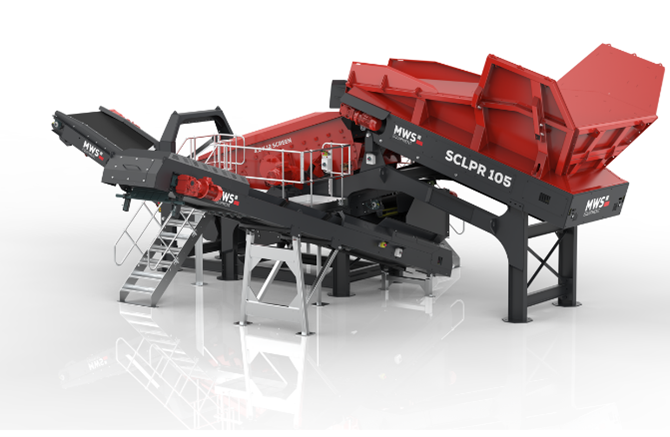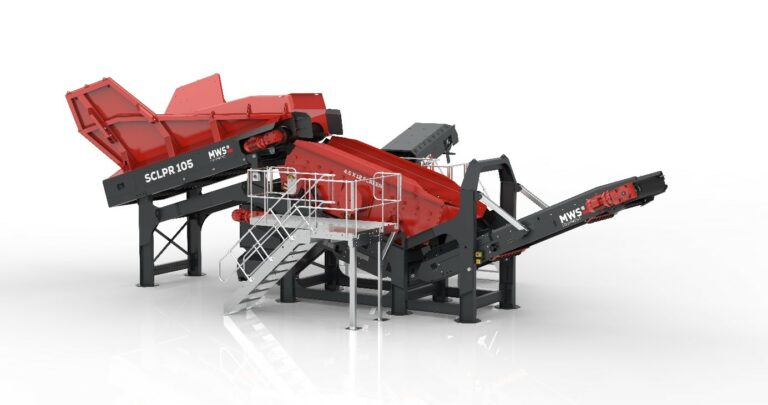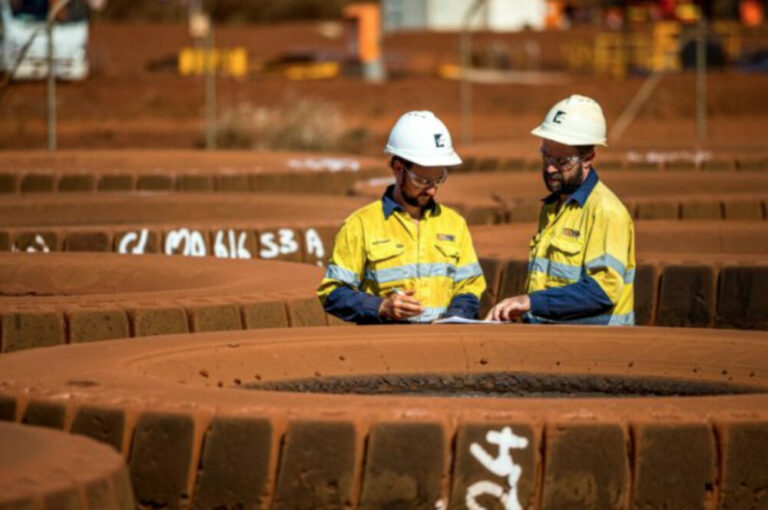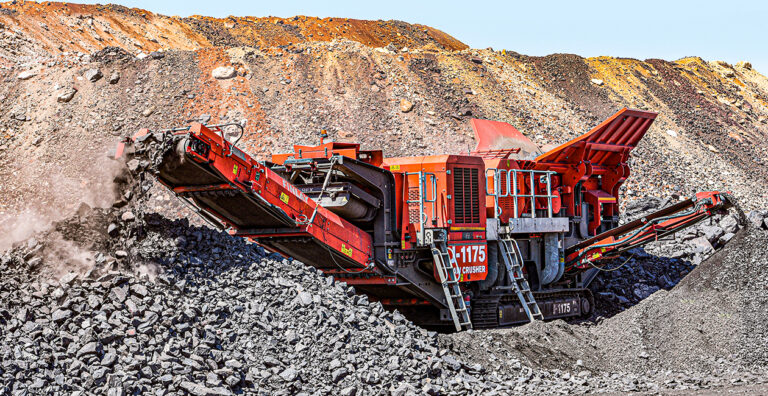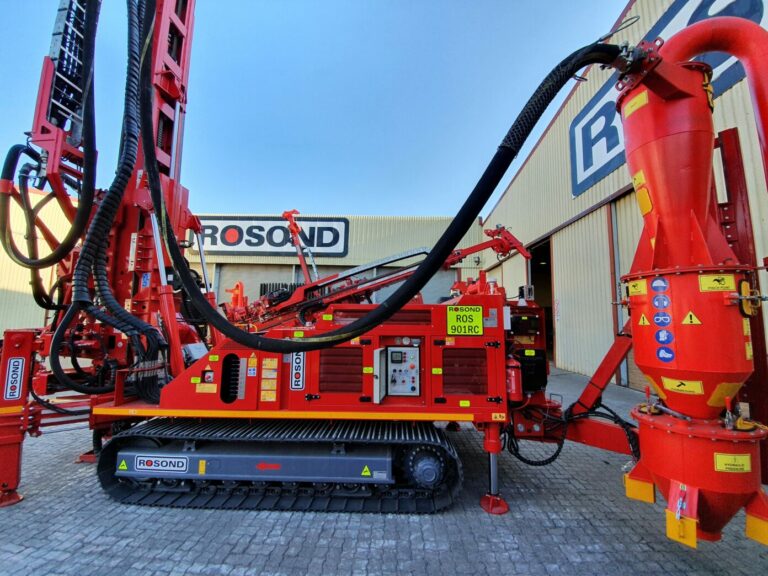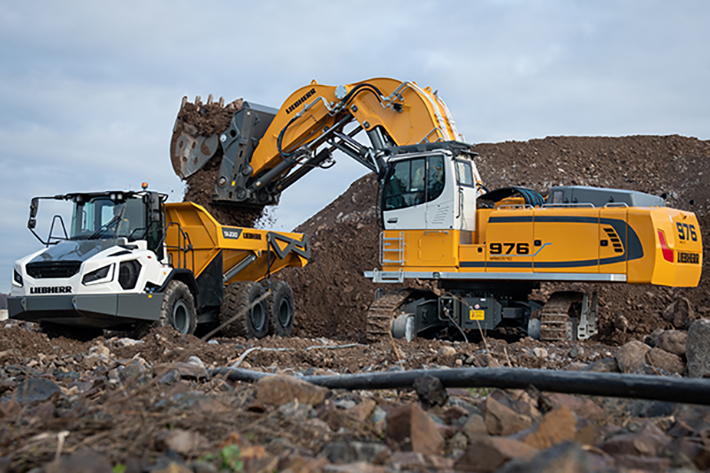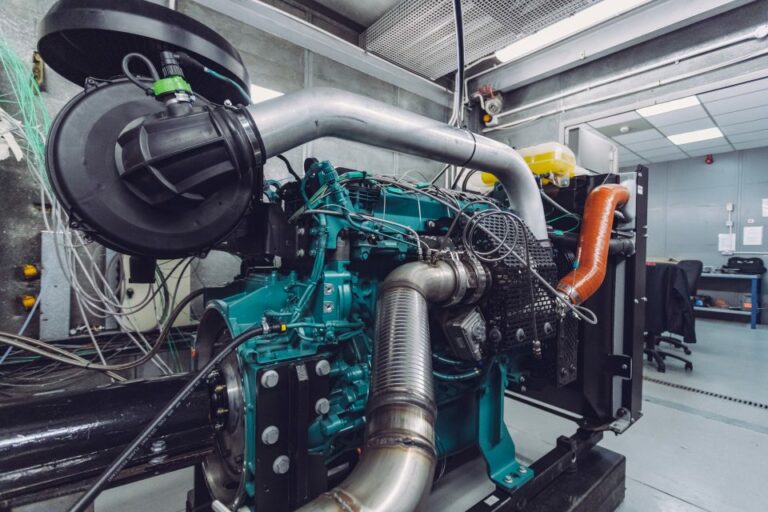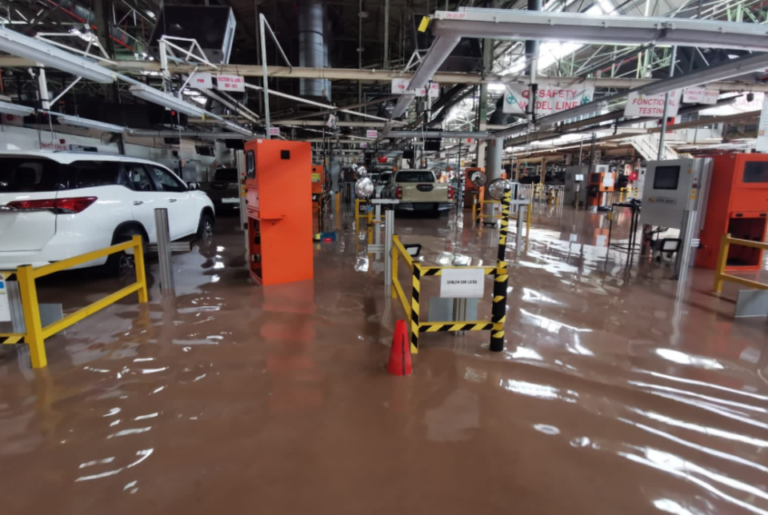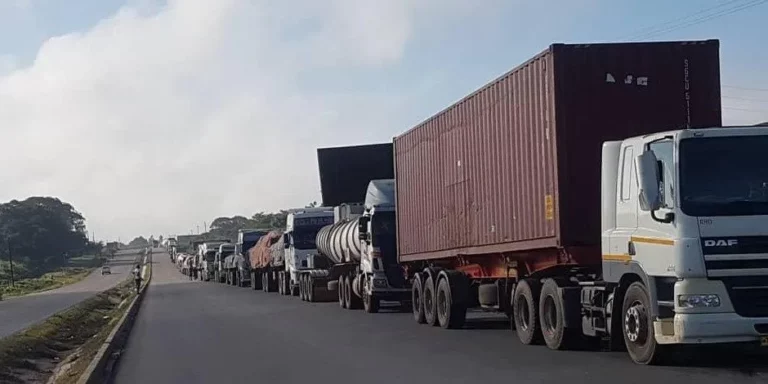The African Continental Free Trade Area (AfCFTA), whose trading started last year, is grounded in the understanding that intra-continental trade is one of the crucial tools that can integrate economies, accelerate growth of countries, improve competitiveness, and improve economic development of economies.
To fully unlock the opportunities in the AfCFTA, the interconnectedness of African countries and movement of goods and persons comes to play.
Cargo movement and movement of persons is critical for trade between countries as it ensure that business parties send and receives goods timeously, as well as businesspeople engage.
This is where countries like Zimbabwe stands to benefit a lot.
First Zimbabwe is not a landlocked, but a land-linked country, and this gives its businesses an advantage to supply competitively priced products without much hinderance in Southern Africa, riding on proximity to lucrative markets in the region.
For example, the road distance between Harare and Lusaka by road is around 500km.
If competitors from Johannesburg, South Africa want to access the same market, they must meet the cost of additional 1,230km as the distance to Lusaka is around 1,730.
So, when looking at how logistics is an important factor in export business, the location of Zimbabwe at the heart of Southern Africa places the country at a competitive advantage for local companies to increase exports to the region.
For local businesses, however, the issue is not only the position of the country but accessibility to those markets as supportive infrastructure is key.
In that regard, it is encouraging to note that President Mnangagwa’s Second republic is placing priority on improving the transport sector, starting with road and railway rehabilitation.
Considering the strategic importance of the road network in enhancing accessibility as well as promoting domestic and regional trade as a key transport corridor, the National Development Strategy 1 (NDS1) identifies the urgent need to rehabilitate national road networks, particularly those that link the country to the rest of the region.
“In this regard, the NDS1 will target to increase the number of kilometres of road network converted to meet Southern Africa Transport and Communications Commission (SATCC) standards from five percent to 10 percent by 2025 and to increase the number of kilometres of road network in good condition from 14 702km to 24 500km by 2025.”
Currently, the Government is implementing the Emergency Roads Rehabilitation Programme (ERRP2) that is targeting to repair roads that were damaged by heavy rains received during the rainy season.
The Government is also prioritising rail networks, which are crucial if the country is to reduce the cost of landing products in export markets.
Under NDS1, plans are to improve secure investment towards railway infrastructure development as well as increasing freight cargo moved from 2.6 million tonnes per annum in 2020 to 6.7 million tonnes per annum by 2025.
Zimbabwe being land-linked, its location in Southern Africa makes it a key transit point in the regional transport system, thereby making it even more important for the country to invest in maintaining and upgrading a reliable transport network and to integrate its transport network with neighbouring countries.
The extent to which countries may tap into regional and other African markets is a function of how well it is connected to other countries.
Whilst the infrastructure development projects are underway, local companies also need to position themselves so that they tap into transport corridors that are currently in place to access all markets across the continent.
North-South Corridor
Zimbabwe is central to the North-South Corridor and the Second Republic is already implementing several developments in this corridor.
The North-South Corridor runs between the port of Dar es Salaam in Tanzania to the Copperbelt of Zambia and Democratic Republic of Congo and down through Zimbabwe and Botswana to the ports in southern Africa, taking in ‘spur’ connections through Malawi and Mozambique in the east.
The North-South Corridor also links the DRC through Zambia with the Port of Durban by road and rail with an option to pass through Zimbabwe.
This makes Zimbabwe a key and integral part of trade into these countries being linked by North-South Corridor.
The North-South Corridor is the busiest in the region in terms of values and volumes of freight and the Government of Zimbabwe has been making efforts to upgrade the corridor beginning by upgrading the Beitbridge Border post, of which a first phase section for cargo has been opened to traffic.
The Second Republic is also working on the Harare-Masvingo-Beitbridge road, of which over 313km have been opened to the motoring public.
Beira Corridor
Zimbabwe is also part of the Beira Corridor which serves road transport along the Beira–Mutare–Harare–Chirundu–Lusaka Route, which overlaps with the Harare–Chirundu–Lusaka section of the North–South Corridor, and the Beira–Tete–Blantyre Route, the so-called Tete Route, and the Beira–Nhamilabue–Nsanje–Blantyre Route, the so-called Sena Route, as the shortest route to the sea for inland countries including Malawi, Zambia, and Zimbabwe.
The Beira Corridor is one of the main routes into Zimbabwe, while also serving some Zambian traffic.
Trans-Kalahari Corridor
Zimbabwean Traders have also an option either to use the Trans-Kalahari Corridor or Trans-Caprivi Corridoras the trade corridor links West-Africa, as well as Europe, the Americas, and West Africa.
The Trans-Kalahari route is also a much faster route for road transportation, as it saves about five to seven days, compared to other ports in the region for cargo from European and America.
Maximum utilisation of Walvis Bay Dry Port
As the country does not have direct access to the ocean, local companies must take full advantage of the Zimbabwe’s dry port facility at Walvis Bay in Namibia.
The dry port, inaugurated by President Mnangagwa in 2019, improves the export competitiveness of Zimbabwean companies by reducing the export and import costs of cargo.
This is achieved through reducing turnaround time and discounted handling charges.
Currently, Zimbabwean businesses largely uses Mozambican and South Africa trade routes, and the South African route is heavily congested.
Therefore, the Walvis Bay route provides a safe, faster, cheaper alternative for Zimbabwean importers of raw materials and exporters of finished products.
Through this facility, Zimbabwean companies are also able to easily access markets in Central, West, and North Africa.
Collaboration is key for distant markets
Time bound studies conducted have shown that costs induced by time have additional implications for international trade.
Various studies have demonstrated that higher logistical costs and longer transport times have negative effects on trade volumes and on firms’ ability to export.
For local companies to sustainably supply international markets, there is need improve on lead time, and leverage on existing corridors.
For products to land cost-effective in countries which may be far away there is also a need for companies to start collaborating in exports markets through consolidation rather than competing.
This year ZimTrade, the national trade development and promotion organisation, has conducted market surveys in Ghana, Kenya, and United Kingdom and sentiments have been that since the markets are bit far away there is need for companies to collaborate and share some costs to penetrate these markets.
